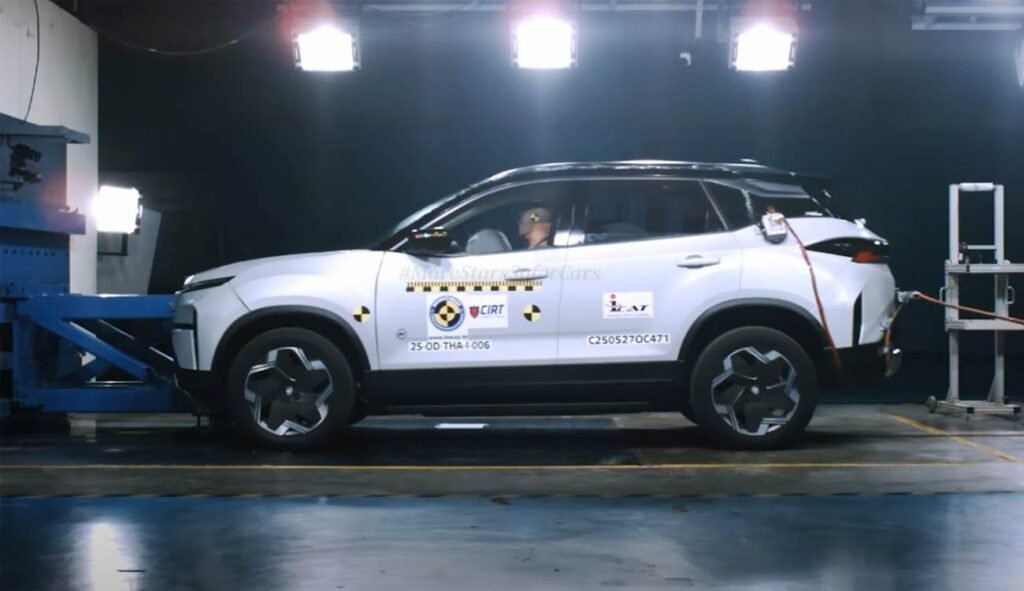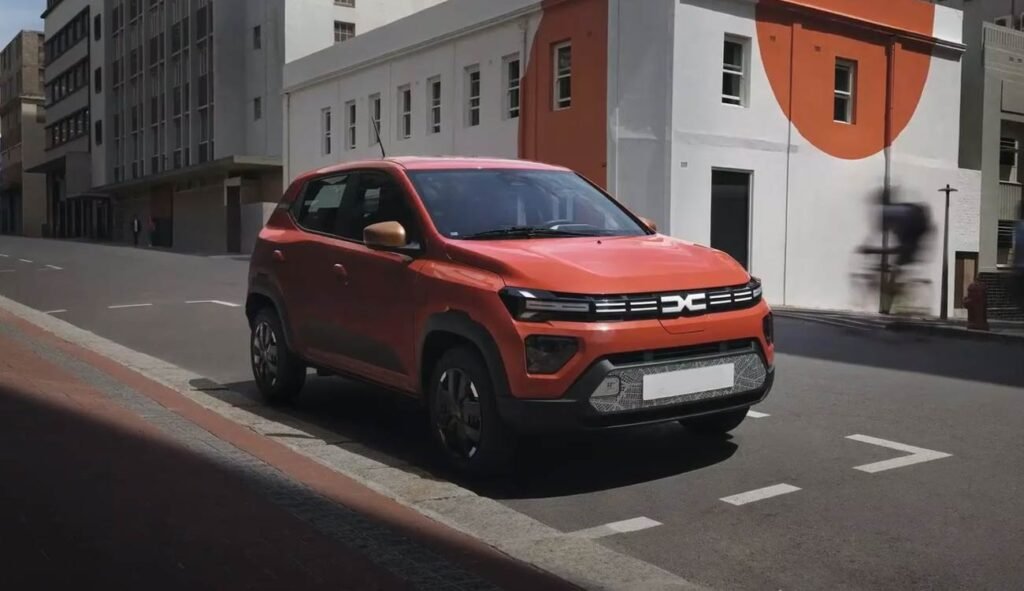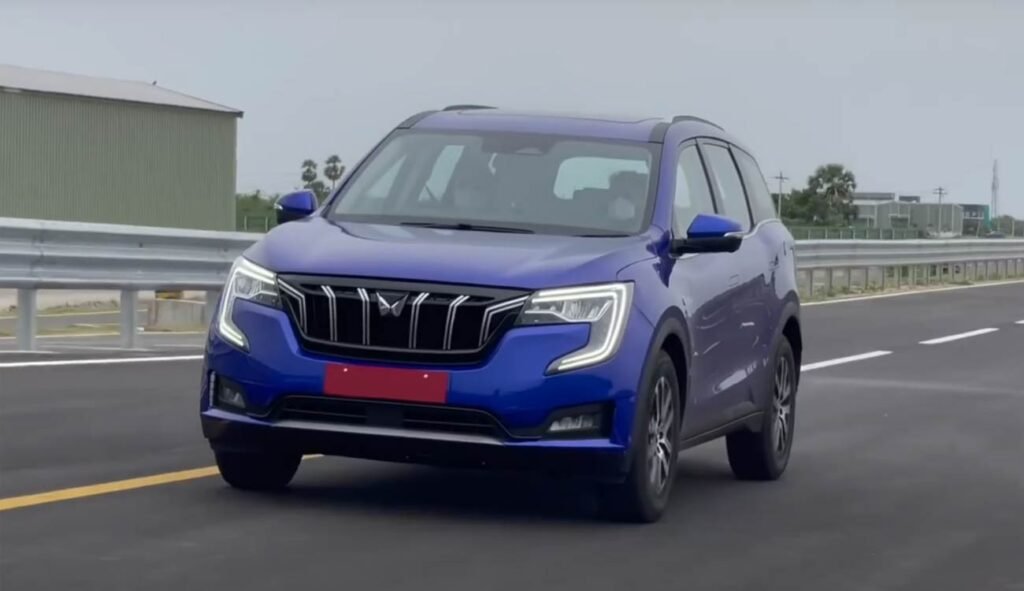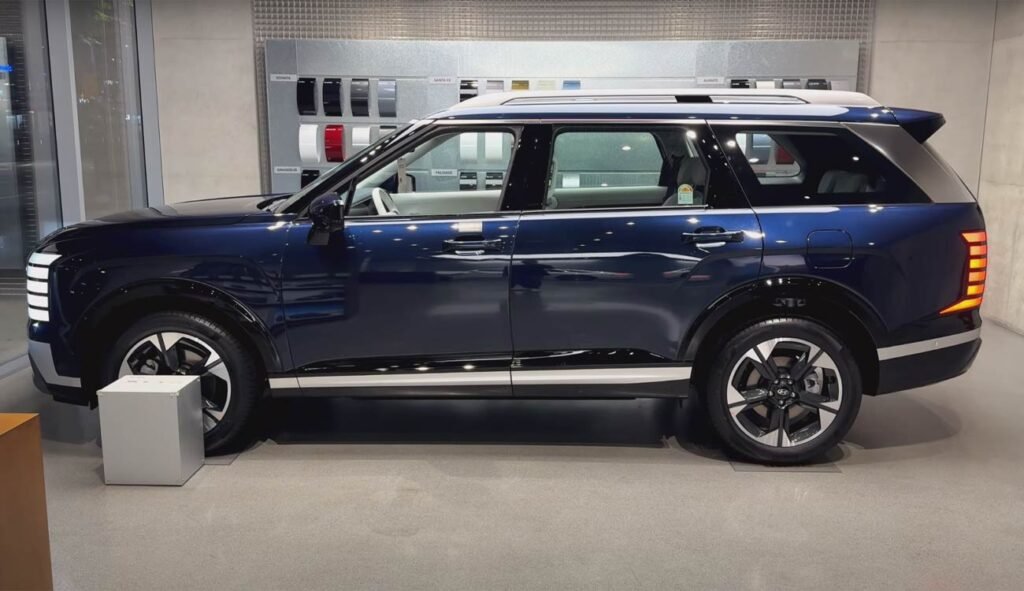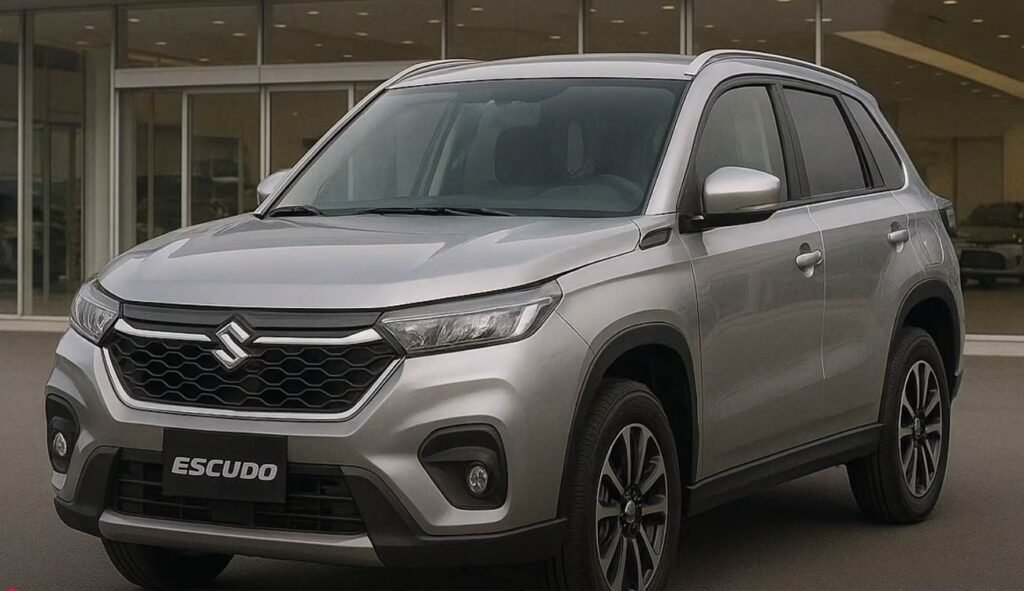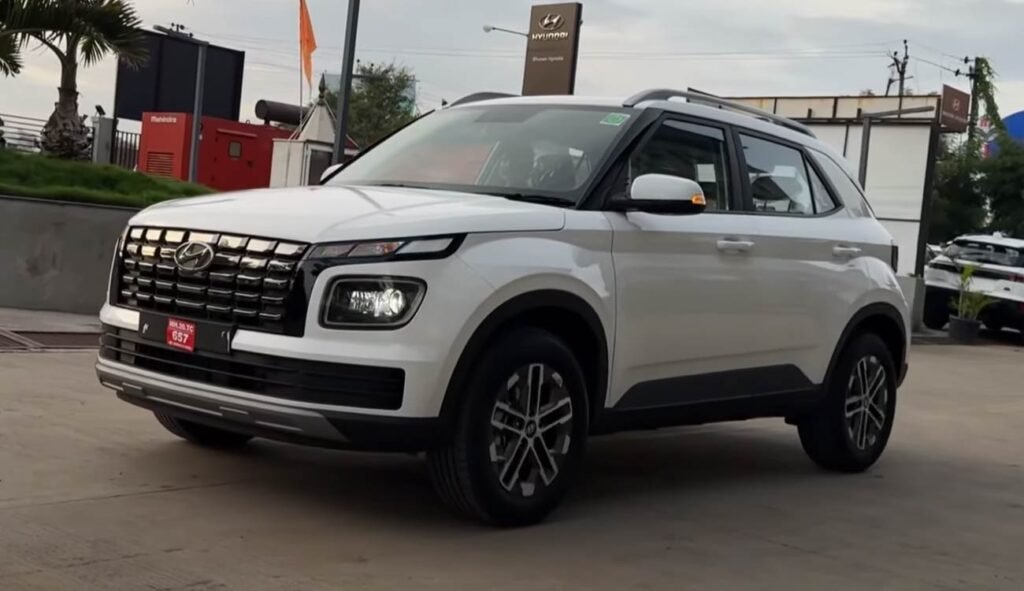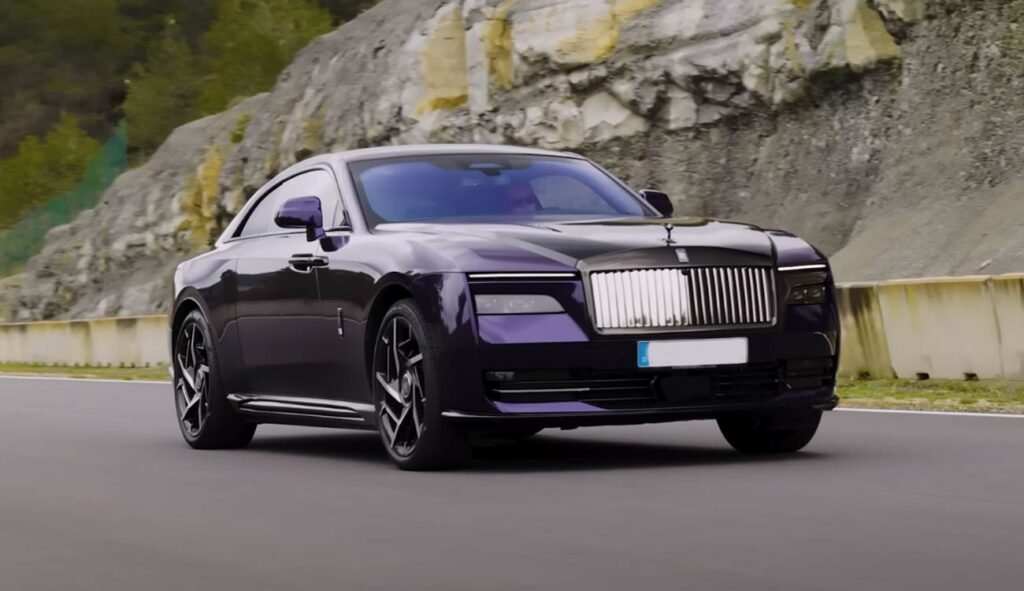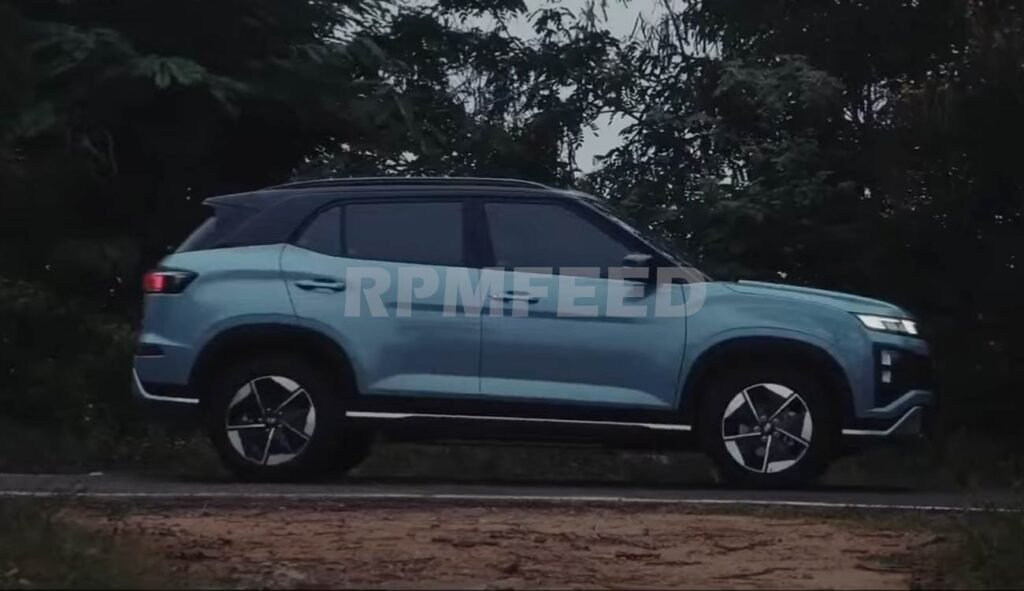Quick Read
- Upfront Costs: EVs cost more initially but benefit from subsidies; petrol cars are cheaper upfront.
- Fuel vs. Charging (5 years): ₹80,000 (home charging for EV) vs. ₹4.4 lakh (petrol).
- Maintenance (5 years): ₹25,000 (EV) vs. ₹75,000 (petrol).
- Depreciation (5 years): ₹9 lakh (EV) vs. ₹6 lakh (petrol).
- Bottom Line: Total 5-year cost is ₹27.8 lakh (EV) vs. ₹26.4 lakh (petrol). EVs save more if you drive more or electricity is cheap.
Buying an EV might cost more upfront, but could it save you money in the long run? With rising fuel prices and attractive incentives for EVs, the way we calculate the true cost of owning a car is changing.
This blog dives into a head-to-head comparison of EVs and petrol cars over a 5-year ownership period. From upfront costs to charging, maintenance, and resale value, we’ll help you figure out which option suits your lifestyle and wallet.
Popular EV & Petrol Cars in India (2024-2025)
To make this comparison useful, we’ve chosen two popular EVs and petrol cars in India:
Electric Cars:
- Tata Nexon EV (₹18-20 lakh)
- MG ZS EV (₹25-28 lakh)
Petrol Cars:
- Hyundai Creta (₹12-18 lakh)
- Maruti Grand Vitara (₹11-16 lakh)
Purchase Price & Incentives
EVs typically have a higher sticker price than petrol cars. For example, the Tata Nexon EV costs ₹18 lakh after subsidies, compared to the Hyundai Creta’s ₹15 lakh price tag. That said, EVs benefit from government subsidies such as FAME II incentives and state-level waivers, which can significantly reduce the effective cost.
Key Insight:
While petrol cars are cheaper to buy, state incentives can level the playing field for EVs.
Fuel vs. Charging Costs (5-Year Estimate)
Running costs are where EVs shine. Here’s a breakdown:
| Factor | Petrol Car | Electric Car |
|---|---|---|
| Annual Mileage | 12,000 km | 12,000 km |
| Fuel/Electricity Rate | ₹110/liter | ₹8-10/kWh (home), ₹15-20/kWh (public) |
| Efficiency | 15 km/liter | 6 km/kWh |
| Annual Cost | ₹88,000 | ₹16,000 (home), ₹30,000 (public) |
| 5-Year Cost | ₹4.4 lakh | ₹80,000 (home) / ₹1.5 lakh (public) |
Key Insight:
Switching to an EV can save you ₹3-3.5 lakh on fuel/charging costs over 5 years if you charge at home.
Maintenance & Servicing Costs
One of the biggest advantages of EVs is their simplicity. Electric motors have fewer moving parts compared to internal combustion engines, requiring far less maintenance.
- EV Maintenance: ~₹5,000/year (no oil changes, fewer brake replacements).
- Petrol Maintenance: ~₹15,000/year (engine wear, frequent fluid changes).
5-Year Total:
- EVs: ~₹25,000
- Petrol Cars: ~₹75,000
Key Insight:
EVs are 60-70% cheaper to maintain over 5 years.
Depreciation & Resale Value
Depreciation is a mixed bag:
- EVs depreciate faster due to battery concerns but newer models (like Tata Nexon EV) are holding their value better. Expect ~50% residual value after 5 years.
- Petrol Cars have slower depreciation (~60-65% residual value for the Hyundai Creta).
5-Year Resale Loss:
- EV: ~₹9 lakh
- Petrol: ~₹6 lakh
Key Insight:
Petrol cars still hold value slightly better, but the gap is closing for EVs.
Hidden Costs & Savings
Here are other factors to consider:
EV Pros:
- Lower tolls in some states.
- Free parking in select cities.
- Environment-friendly incentives.
EV Cons:
- Home charger installation (~₹50,000).
- Slight battery degradation (5-10% range loss in 5 years).
Petrol Cons:
- Rising fuel taxes.
- Potential pollution fines (e.g., Delhi’s odd-even rule for petrol vehicles).
Total 5-Year Cost Breakdown
Here’s the final cost comparison:
| Cost Factor | Tata Nexon EV | Hyundai Creta (Petrol) |
|---|---|---|
| Purchase Price | ₹18 lakh | ₹15 lakh |
| Fuel/Charging | ₹80,000 | ₹4.4 lakh |
| Maintenance | ₹25,000 | ₹75,000 |
| Depreciation | ₹9 lakh | ₹6 lakh |
| Net 5-Year Cost | ₹27.8 lakh | ₹26.4 lakh |
Key Insight:
Petrol cars may be slightly cheaper over 5 years, but EVs pull ahead when considering rising fuel costs and lower running expenses.
Who Should Buy What?
EVs Are Ideal For:
- Drivers covering 15,000+ km/year.
- Those with home charging setups (or access to cheap electricity).
- Anyone looking for minimal maintenance hassle.
Petrol Cars Are Ideal For:
- Drivers covering less than 10,000 km/year.
- Buyers needing a lower upfront cost and better resale value.
- Frequent long-distance travelers who prefer quick refueling.
The Future is Electric
While petrol cars might win in some scenarios today, the gap between EVs and traditional fuel options is closing rapidly. With advancements in battery technology, widespread charging infrastructure, and mounting environmental concerns, EVs are set to revolutionize the automotive landscape.
Image Source: AI

